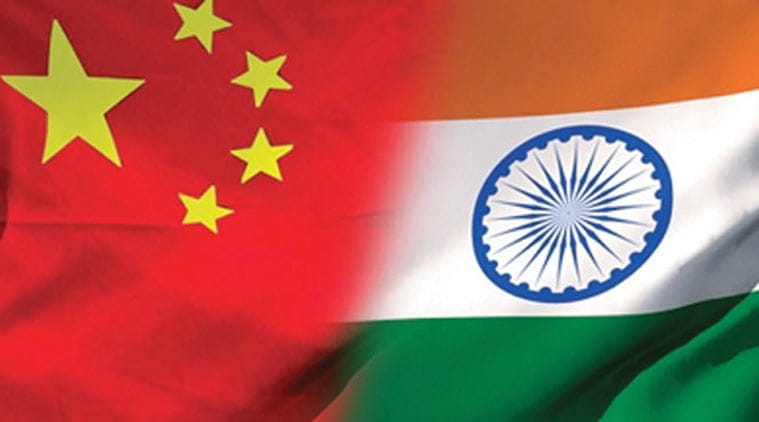Stay updated with the latest - Click here to follow us on Instagram
Doklam standoff: Avoid unnecessary travel within India, China tells its citizens; top developments
Doklam standoff: As per the advisory, Chinese nationals are told to carry personal identification, obey religious customs, and keep their family, colleagues, and friends posted about their travel.
 Doklam standoff: The Sikkim section has a special historical background and this is the only defined boundary between China and India, said Chinese Foreign Ministry spokesman Geng Shuang
Doklam standoff: The Sikkim section has a special historical background and this is the only defined boundary between China and India, said Chinese Foreign Ministry spokesman Geng Shuang
As the nearly two-month long standoff at Doklam plateau in Sikkim sector between Indian and Chinese troops continues, Beijing on Thursday issued a second safety advisory to its nationals travelling to India as it sought to highlight train accidents, natural disasters, and frequent outbreak of diseases in the country. This development comes amid a shrill propaganda campaign launched by China against India in the face of Doklam standoff. Over the last two months, the Chinese media has vigorously protested the Indian resistance to its attempt to transform the character of the territory in Doklam. In August alone, some 125 articles have been written on the Indian “trespass”, “hijacking a small neighbour”, and a so-called Bhutanese acknowledgement to China that Doklam actually belongs to China.
Here are the top developments in the Doklam standoff:
1. The advisory asks Chinese nationals to pay attention to their personal safety and the local security situation and to avoid unnecessary travel within the country, state-run People’s Daily Online reported.
2. As per the advisory, Chinese nationals are told to carry personal identification, obey religious customs, and keep their family, colleagues, and friends posted about their travel.
3. The warning is valid till the end of the year. The first safety advisory was issued by China on July 7 and was valid for one month.
4. Yesterday, the Union Home Ministry had asked the Border Roads Organisation (BRO) to construct the stand-alone road from Marsimik La to Hot Spring in Ladakh to ensure access to “vantage points” for security forces. As first reported by The Indian Express (on July 27, 2017), the home ministry had last month cleared the proposal to construct the road at a cost of Rs 120.58 crore.
5. A home ministry spokesperson said, “The task to construct the road has been given to BRO and they have started mobilisation of resources.” The 32.9-km standalone road from Marsimik La to Hot Spring in Ladakh will give security forces access to remote areas to the east of Ladakh region, which has earlier witnessed aggression from Chinese forces, officials said.
6. China on Tuesday said the only way to end the Doklam standoff in Sikkim sector was for India to unconditionally withdraw its troops from the area. Beijing’s response comes a day after Union Home Minister Rajnath Singh expressed hope that China would soon make a “positive” move in this regard.
7. Rajnath Singh had on Monday expressed hope that a solution to the Doklam standoff would be found soon and said India never attacked a nation nor did it harbour any expansionist behaviour.
8. Indian and Chinese troops have been engaged in a stand-off in the Doklam area of the Sikkim sector for seven weeks now after Indian troops stopped the Chinese army from building a road in the disputed area. China claimed that they were constructing the road within their territory and has been demanding immediate pull-out of the Indian troops from the disputed Doklam plateau. New Delhi has expressed concern over the road building, apprehending that it may allow Chinese troops to cut India’s access to its northeastern states.
9. India has conveyed to the Chinese government that the road construction would represent a significant change of status quo with serious security implications for it. Doka La is the Indian name for the region which Bhutan recognises as Doklam, while China claims it as part of its Donglang region.
10. Of the 3,488-km-long India-China border from Jammu and Kashmir to Arunachal Pradesh, a 220-km section falls in Sikkim. China also claims that Thimphu has no dispute with Beijing over Doklam.







